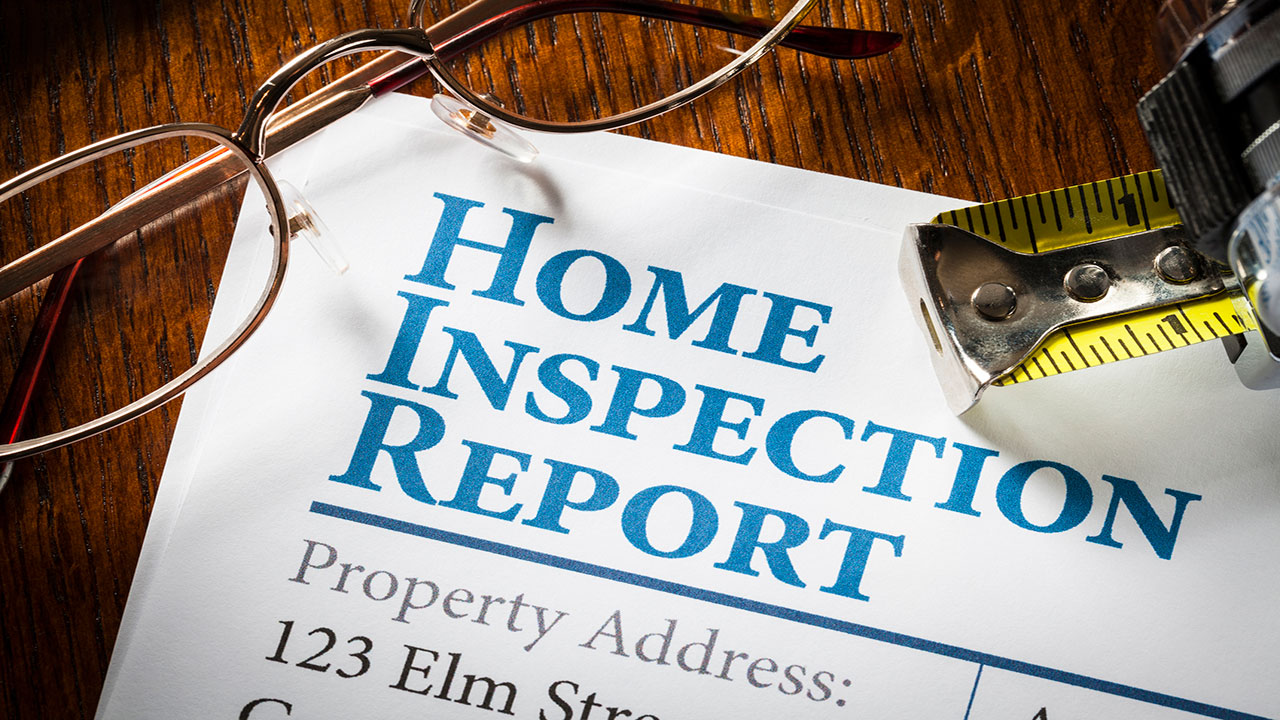
Many sellers make a profit when they sell their home after factoring in appreciation and any improvements made that add value. But selling is not an expense-free endeavor. It costs money to sell property, and sellers should be aware of the expenses in order to avoid any unpleasant surprises when the deal closes.
So, how much does it cost to sell? That number depends on a number of factors, such as your location and the final sale price of your home. But generally speaking, sellers can expect to pay anywhere between 2% to 6% of the sale price, and the following factors play a key role in that amount.
Real Estate Commission

There’s a lot that goes into selling a home, and it involves a lot more than just putting your home on the MLS, adding some photos on the internet, and holding an open house or two. Real estate professionals spend a lot of time devising a specific marketing plan for their listings in order to stimulate as much interest as possible and get a handsome offer on the table within a reasonable amount of time.
They’re fielding calls, scheduling showings, networking with other real estate agents, studying the market, and ensuring your listing’s marketing strategy is constantly up-to-date. A full-service real estate team provides an invaluable service to sellers, and like other professionals, they understandably charge a fee for their services.
Of course, as a seller, you will want to know exactly how much you will be charged so there are no surprises when all is said and done. In California, the average real estate commission is approximately 5% of the sale price, on average, depending on exactly where your home is located. This fee not only covers the expense of your agent, but the buyer’s agent as well and is split (usually 50/50, but sometimes in other ratios) between the two.
Home Staging
Real estate professionals will typically recommend that their seller clients prep their homes for the market in order to make it appear more estheically appealing to prospective buyers. Usually, sellers are advised to tidy up, declutter, clean, neutralize, and depersonalize their homes. Sometimes a new paint job may be called for or a few repairs may be required.
If sellers do this on their own, they will probably spend very little. However, sometimes it may be necessary to have a home professionally staged, especially in extremely competitive areas and markets. Professional staging has been shown to help homes sell faster and for more money compared to properties that are not staged. As such, many consider it an investment rather than an expense.
Nevertheless, there is a cost to pay upfront, which can vary based on the stager, the number of rooms being staged, and the amount of work involved to achieve the desired effect. Generally speaking, you can expect to pay anywhere between a few hundred to a few thousand dollars for professional home staging. That said, sellers will often recoup that expense come sale time, as the perceived value of the home can increase when a home is appropriately staged for the market.
Pre-Listing Inspection

Home inspections aren’t typically the responsibility of the seller, as buyers tend to order inspections after their offer has been accepted. However, some sellers choose to have a pre-listing inspection conducted in order to help identify any potential issues and have them rectified before placing their home on the market. This will help avoid any surprises from the buyer’s inspection and will even help them list a little higher.
Inspections can cost anywhere between $400 to $600 on average, depending on the size and condition of the property.
Escrow Fees
Usually, an escrow company is hired to handle the closing portion of the real estate transaction and will have their own bill to be paid. Escrow agents are tasked with ensuring that all monies involved in the transaction are handled appropriately and safely.
These agents obtain money from the lender, then ensure that the mortgage and associated closing costs are paid off, deposits are collected, and any proceeds are delivered to the lender. Fees for such services typically run about 0.02% of the sale price of a home. For a $500,000 sale, for instance, escrow fees would be about $1,000.
Loan Payoff Costs

When you sell your home, the money that the buyer uses to pay for the home is used to pay off your existing mortgage. If you own a house that still has a mortgage on it, it’s technically not entirely yours. In order to sell a home with an outstanding mortgage, you need to pay the loan off when the deal closes. The lender will then release the title to the property.
The loan payoff amount is charged to satisfy the terms of your home loan and pay off your debt in its entirety. This amount also includes any interest you might owe and other fees you haven’t paid yet. You may also incur a pre-payment penalty fee if you are paying your mortgage off early.
You can obtain your loan payoff amount from your lender before you close so you’re aware of what this fee will be.
Land Transfer Tax
In California, sellers usually have to pay a land transfer tax, often both on a county and city level. This specific tax is imposed on sellers when the title on real property is transferred from one entity to another. The amount paid is based on the location and the sale price of the home. It’s usually the seller who pays for this tax in California, though it’s possible for the buyer – or both parties – to pay it.
Land transfer tax can be assessed either as a percentage of the sale price or a flat fee. The tax rate is typically $1.10 for every $1,000 worth of property value ($0.55 each for city and county rates combined), though in some areas the rate is much higher. Based on the average, a $500,000 home would incur land transfer taxes in the amount of $550.
The Bottom Line
Selling real estate definitely doesn’t come cheap. But when you consider all the work that’s involved in selling and all the assistance you need to make it happen, it shouldn’t come as any surprise. As with any major financial transaction, selling a home should only be done with a sound financial foundation and due diligence. And the more you know about the costs involved in selling, the less surprised you’ll be with the final bill.